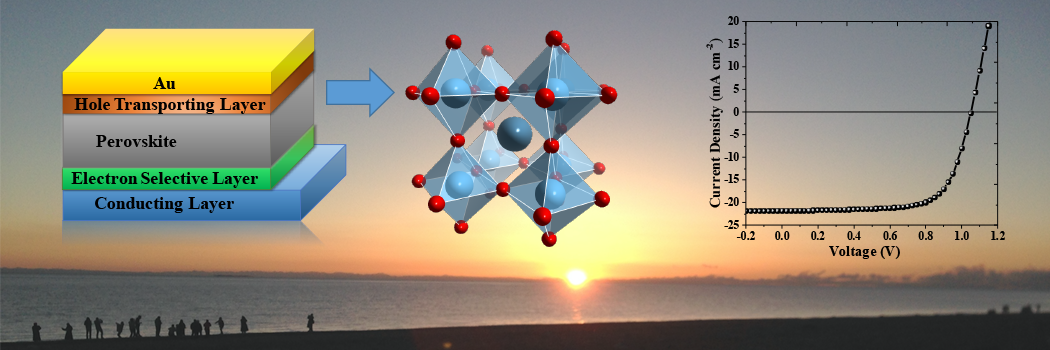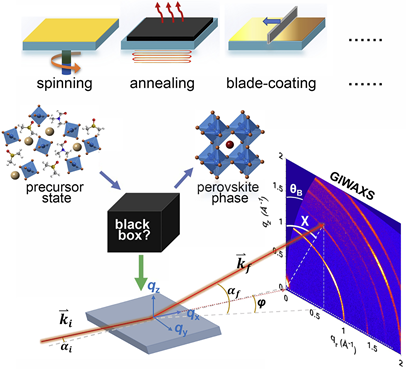
The tuning of vertical morphology is critical and challenging for organic solar cells (OSCs). In this work, a high open-circuit voltage (VOC) binary D18-Cl/L8-BO system is attained while maintaining the high short-circuit current (JSC) and fill factor (FF) by employing 1,4-diiodobenzene (DIB), a volatile solid additive. It is suggested that DIB can act as a linker between donor or/and acceptor molecules, which significantly modifies the active layer morphology.… Read More







